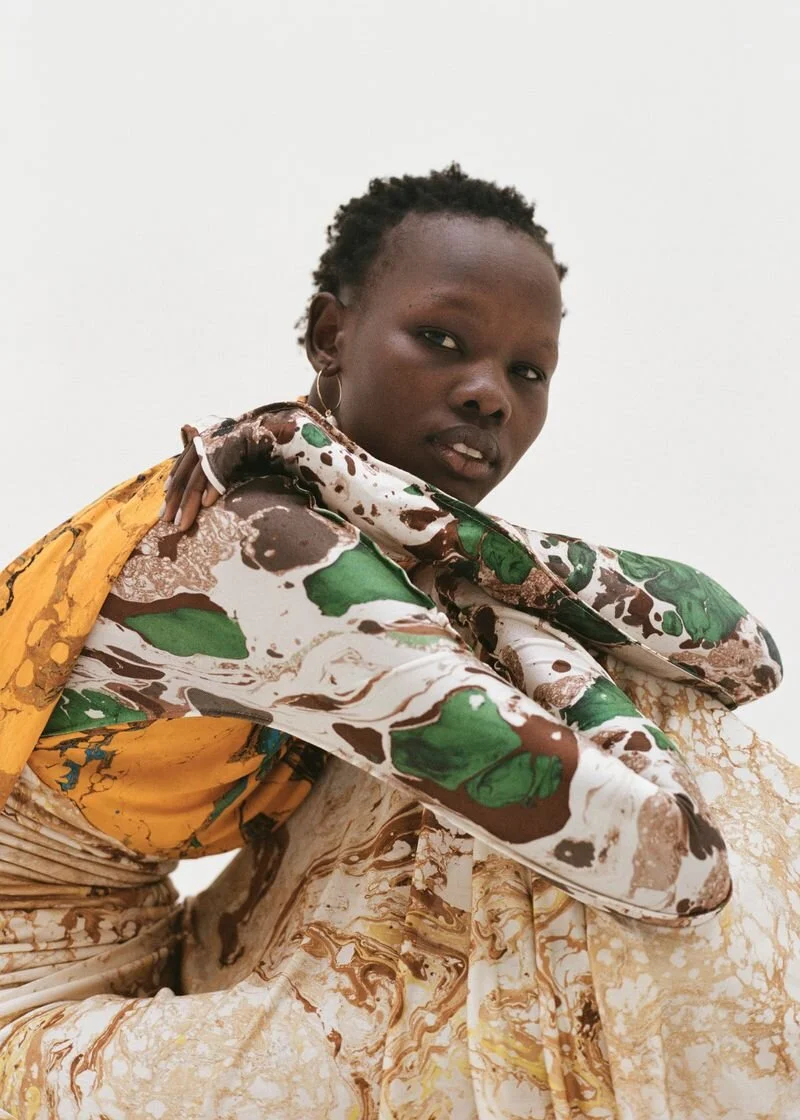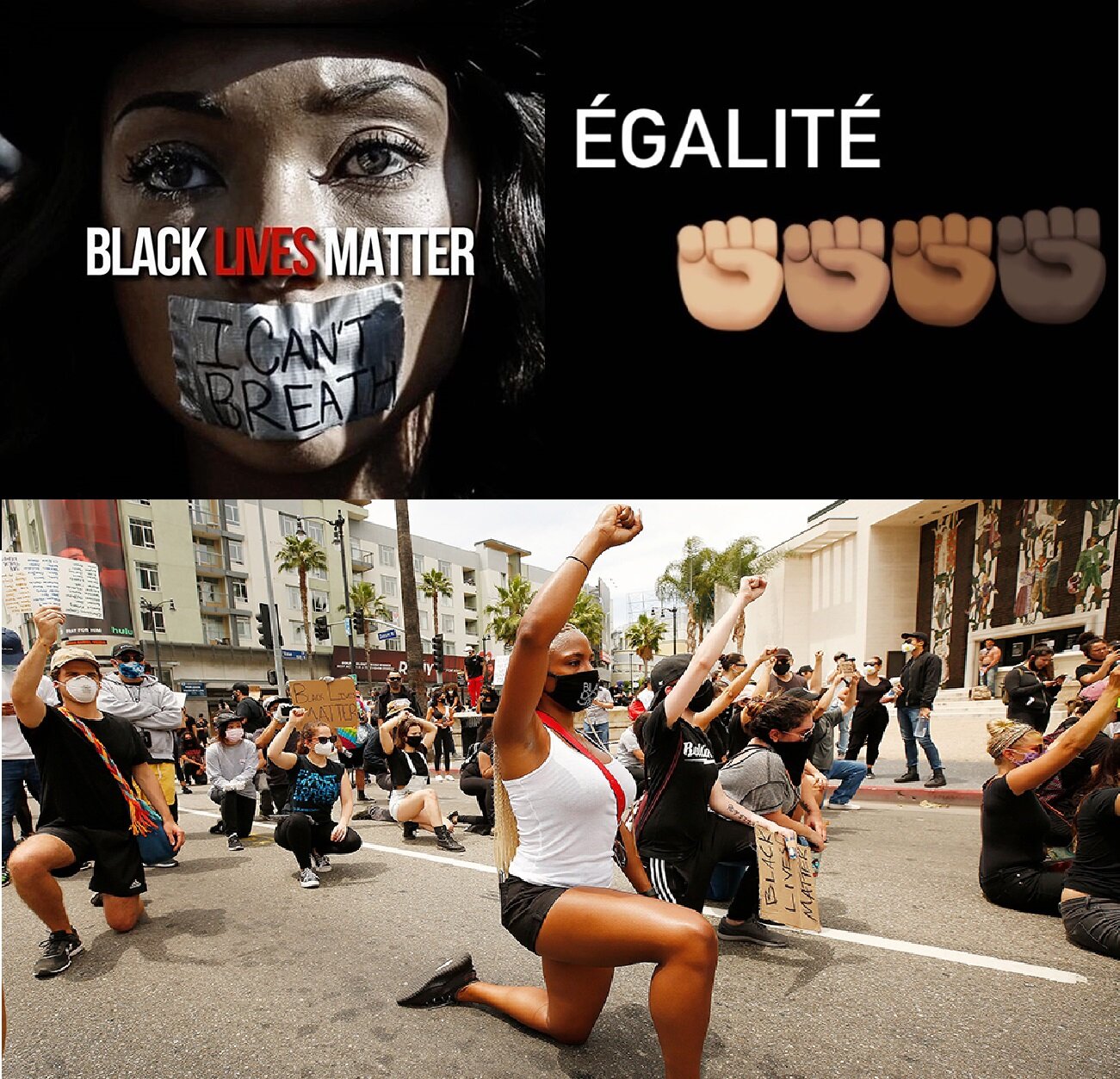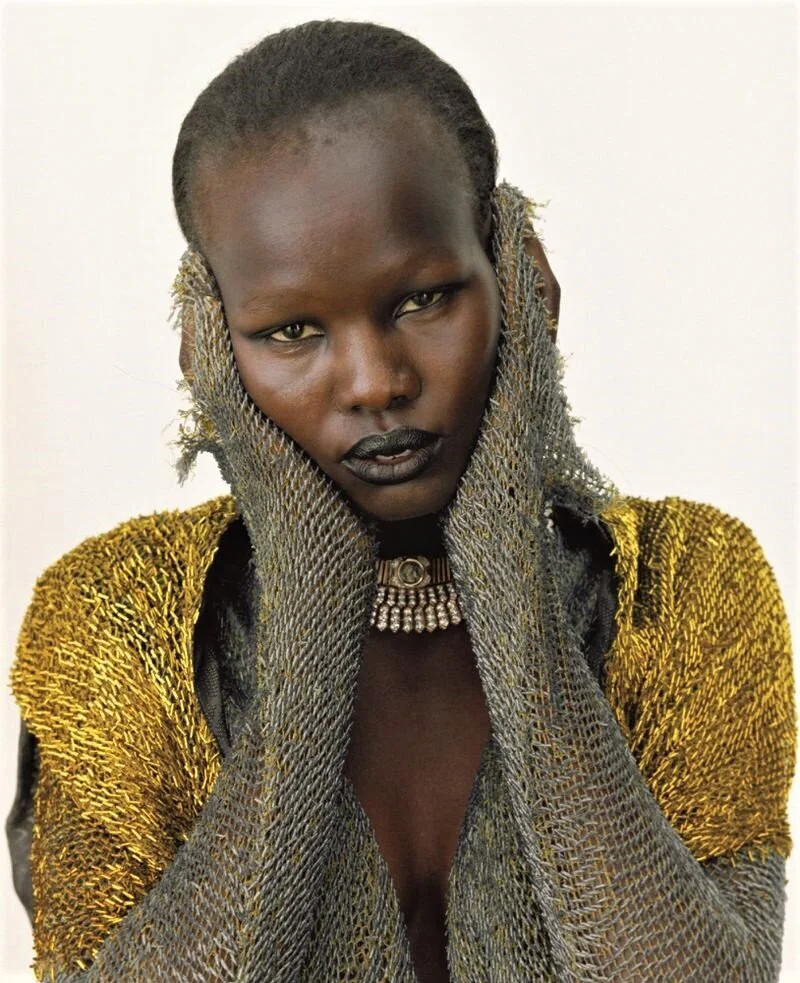Trump Rally in Tulsa, A Day After Juneteenth, Awakens Memories of 1921 Racist Massacre
/Trump Rally in Tulsa, A Day After Juneteenth, Awakens Memories of 1921 Racist Massacre
For only the second time in a century, the world’s attention is focused on Tulsa, Okla. You would be forgiven for thinking Tulsa is a sleepy town “where the wind comes sweepin’ down the plain,” in the words of the musical Oklahoma!.
But Tulsa was the site of one of the worst episodes of racial violence in American history, and a long, arduous process of reconciliation over the Tulsa Race Massacre of 1921 was jarred by President Donald Trump’s decision to hold his first campaign rally there since the COVID-19 pandemic began.
The city is on edge. Emotions are raw. There’s anxiety about a spike in coronavirus cases, but lurking even deeper in the collective psyche is a fear that history could repeat itself. Tens of thousands of Trump supporters will gather close to a neighbourhood still reckoning with a white invasion that claimed hundreds of Black lives.
A Trump rally near a site of a race massacre during a global pandemic already sounded like a recipe for a dangerous social experiment. But then there was the matter of timing. The rally was to be held on Juneteenth (June 19), a holiday commemorating the day slaves in the western portion of the Confederacy finally gained their freedom.
Normally, Juneteenth in Tulsa is one big party, the rare event that brings white and Black Oklahomans together. But fears about spreading COVID-19 led organizers to cancel the event. Then came the protests over the murder of George Floyd. During those demonstrations in Tulsa, a truck ran through a blockade of traffic, causing one demonstrator to fall from a bridge. He is paralyzed from the waist down.



























